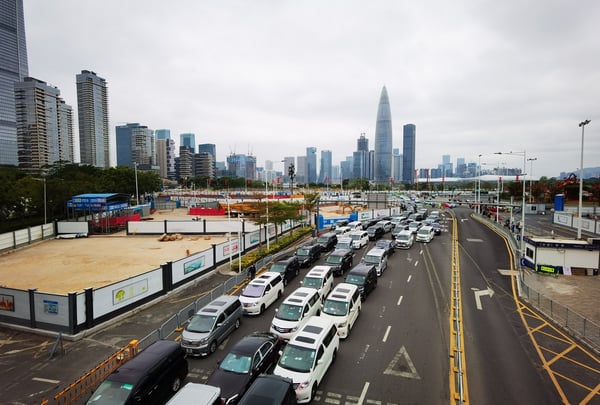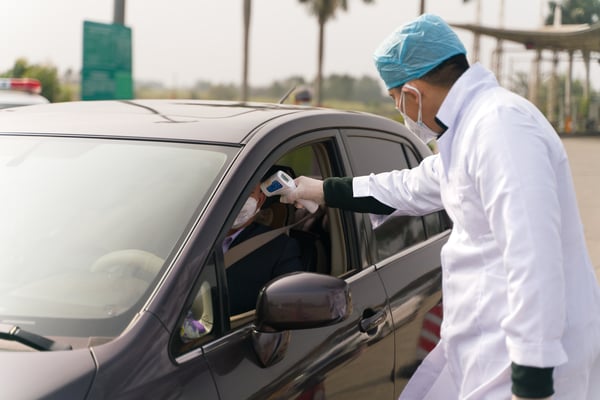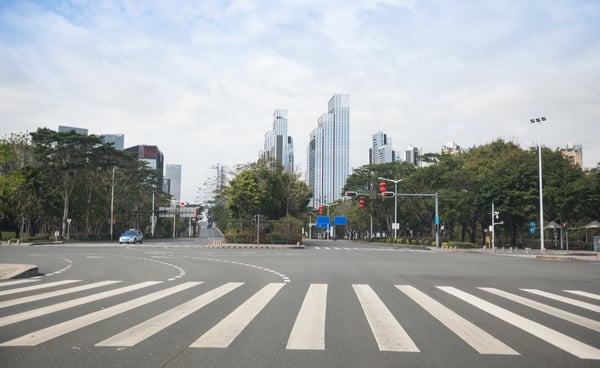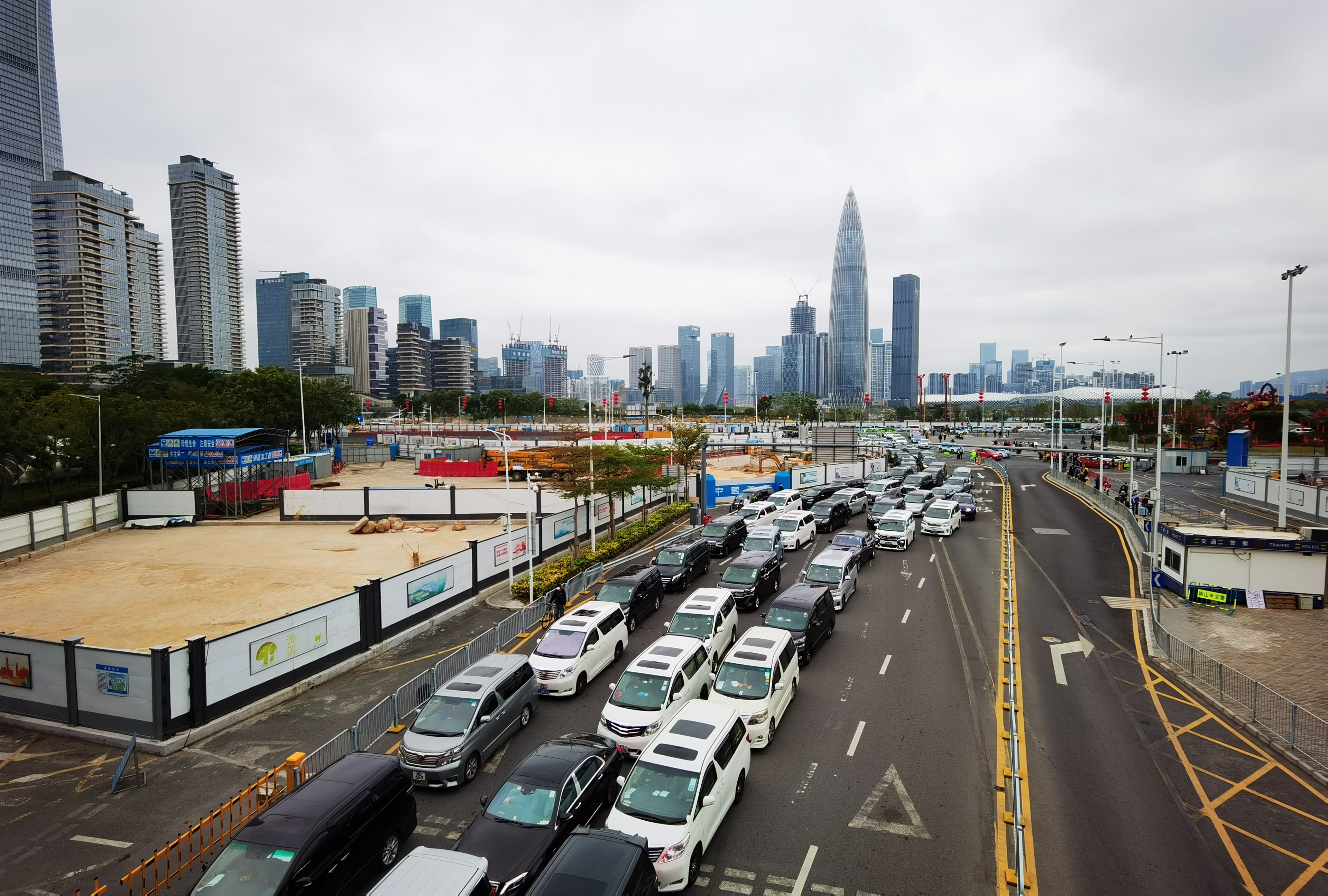When news of the Coronavirus in WuHan city first started circulating in early January, it was unclear how or if it would spread across the rest of China. Fast forward to mid-February, and its impact is becoming painfully clear on a global scale, with a rising number of infections and unfortunately also deaths.
The GSMA recently cancelled Mobile World Congress at the end of February, and the Beijing Auto Show, due to take place in April, is being rescheduled to try to minimise opportunities for the virus to spread. In addition to these major trade events, daily life is also being impacted in numerous ways.
China’s annual Spring Festival took place between 24-30 January, during which time, millions of people left the cities to visit their hometowns and relatives. As the rates of infection increased through this period’s large scale population movement, the Chinese government extended a deadline of 10 February for being the first day people were allowed back in their office. Many businesses have further extended this deadline, and Parkopedia staff in China are working from home until 24 February or later as necessary.
For the general public, there are some strict protocols to follow. In many cities, people are confined to their homes and must appoint a dedicated person, who is only permitted to go out every 2 days for food supplies. Schools and nurseries are closed indefinitely, and families are avoiding public spaces such as parks and playgrounds.
For those who are travelling around the country or still returning from the extended Spring Festival, there are numerous restrictions. China's Tier 1 cities check the temperature of each person entering the city at the airport/train station/freeway toll gate and require each person to fill in a health declaration form.

At the freeway toll gates outside these Tier 1 cities, each car is required to open the trunk and undergo a comprehensive inspection by 2 police officers or volunteers. All the passengers must take a temperature measurement, and fill out a health information registration form online in advance, with details of where they travelled from and living address in the city. If they have travelled from certain provinces on a designated watch list, they are required to stay in their homes for 14 days after returning to the city. Those who do not have property or a temporary residence permit are immediately turned away at the toll gate and barred from entering the city. This rigorous check makes the traffic jam up to 5 kilometres.

Airports in many cities have announced temporary reductions in airport parking fees, due to the number of people who are stranded away from their home city and currently unable to return.
With the recent decline in confirmed and suspected cases (not included Hubei Province), some big companies in Shanghai have started to allow up to ⅓ of employees to return to work on a rotation basis, and private cars have become the first choice mode of transport for most people.
Traffic is currently significantly below the normal levels during rush hour, and so far, most parking lots in the main cities have good availability. With most people staying at home, the Ministry of Public Security has proposed a reduction in parking fees for public parking and off-street parking near residential areas - this has already been enforced and implemented by some local governments.

Whilst Parkopedia has taken the decision to temporarily suspend on-foot surveying across China in order to safeguard our employees, we are continuing with online quality checks undertaken remotely, as well as our other remote methods for data collection and predictive availability.
In summary, whilst the Coronavirus is still spreading and infection rates are increasing, we at Parkopedia China are focused on “business as usual”, utilising modern technology and Internet connectivity. We look forward to resuming our business relationships on a more personal level when it is safe to do so.

